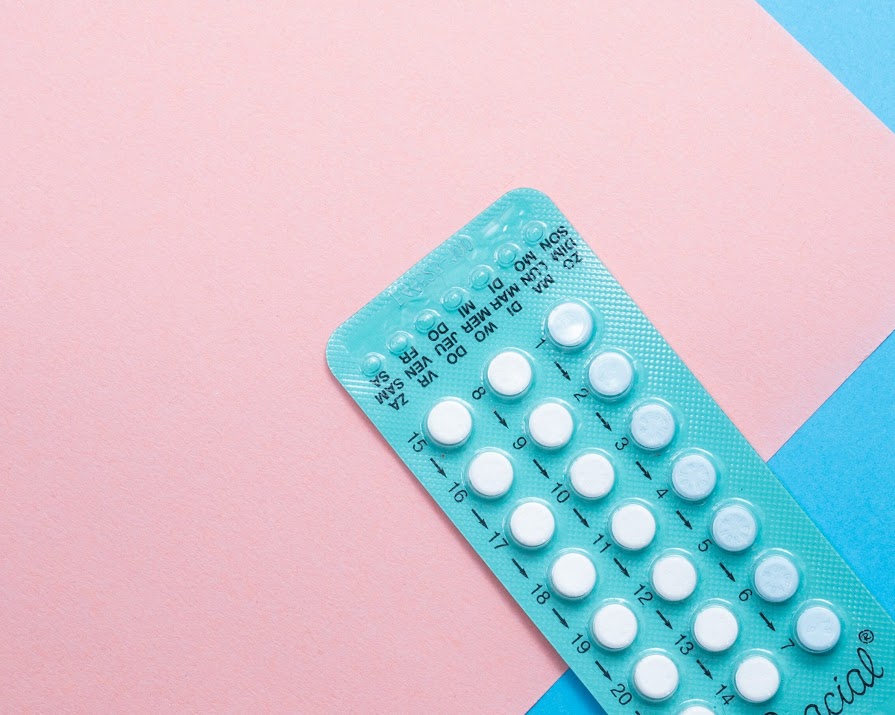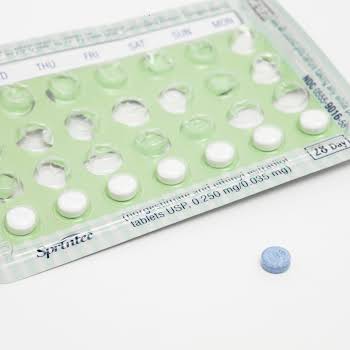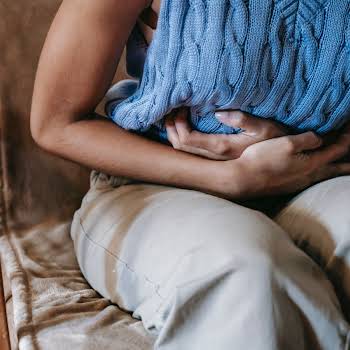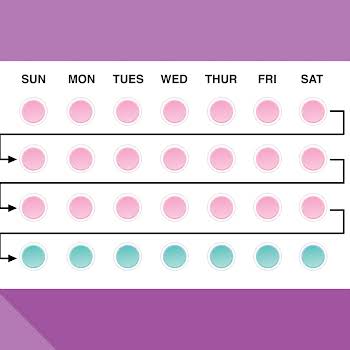
By Sophie Morris
18th Apr 2024
18th Apr 2024
Women have been highlighting the negative side effects of the pill for years, now as new science emerges, nutritionist consultant Sophie Morris pleas for women be better informed before deciding what contraceptive is best for them.
Let me start by saying I’m absolutely pro contraception. I’m pro the right contraception for each woman’s unique body and situation.
When the contraceptive pill was first introduced over 50 years ago it marked the beginning of women making leaps forward in work and education and many women are very happy on the pill, it makes life more convenient and protects from unwanted pregnancy.
Some pills help mask symptoms of Premenstrual syndrome (PMS) and the more debilitating premenstrual dysphoric disorder (PMDD) and it can be a life-saver for women with Polycystic ovary syndrome (PCOS) and endometriosis. You’ll read about these positives in the official contraceptive guides, but less so about the negatives, of which there has been very little investigation.
And this is where the issue lies.
The side effects
In a recent UK survey of 4,000 women on the pill, 77% said they had side effects and 33% said they were severe enough for them to stop taking it. 57% said they were concerned about the effect the pill had on their mental health and for 36% the worst side effects were low mood, anxiety or depression. Some of the other side effects included acne, weight gain, sore breasts, dry vaginas, unpredictable bleeding, and lowered libido. These are serious complaints, but this array of side effects have been monumentally downplayed in medical literature. On the HSE website all it says about potential side effects of the combined pill is the following:
- mood changes
- feeling sick (nausea)
- headaches
- breast tenderness
Empowered with knowledge
As women we owe ourselves the protection of all the information we can acquire when making health decisions such as taking the contraceptive pill.
Women have been taking the pill for ten or more years without knowing any of the science. I include myself in this. When I went on the pill ‘Microlite’ in my early twenties in college, I had no idea what was in it and I certainly had no idea what the synthetic hormones in the pill could do to my mood, my brain, my sex drive, my vaginal microbiome, or my future health.
Women need to be empowered with this knowledge and need better information, now. They need to understand which contraceptive might work best for them, what effects it might have and what impact it may have in the future. Many women will tell you that this information was not provided to them when they were prescribed the pill. Under-resourced GPs often have under 10 minutes to help women make this huge health decision, and as a result women don’t really understand the decision they are about to make. The lack of information needs to change.
So what is the standard contraceptive pill?
The standard pill is a combination pill which contains synthetic man made versions of both oestrogen and progesterone – Ethinyl oestradiol and Progestin. These synthetic hormones have some molecular additions which have different effects on our body than our natural hormones.
Traditionally women take the pill for three out of four weeks. The pill was originally designed like this to mimic a natural menstrual cycle because scientists believed having a withdrawal bleed would be important for women, and enable them to feel more like they were having a ‘period’. This has caused confusion as many women still believe they’re having a normal period. This is not the case.
The synthetic hormones in the pill prevent you from ovulating, meaning there is no egg for your body to get rid of and hence it is not a real period. It’s not medically necessary to have a withdrawal bleed every month, and you can in fact take the pill back to back with no bleed. This is another fact that many women don’t understand.
Tell me about progestins
The synthetic man-made progesterone hormone, progestin, has a very different effect on lots of different tissues including the brain, the breasts and the cardiovascular system. There are dozens of different types of progestins and different pill brands contain different types. Progestins are not all the same and they have very different effects. Some are androgenic and some of them are oestrogenic — which simply means that some of them might have a more ‘masculinising’ effect on your body (and are more likely to cause acne, dry vagina or low mood) while others might have a more ‘feminizing’ effect on your body (and are more likely to cause breast tenderness or fluid retention). These differences impact some women more than others, but very few doctors explain the options clearly to women, and as a result women are often on the wrong pill.
A progestins ‘switch off’ ovarian function. So when you are taking them, you are not ovulating and you can’t get pregnant. However what many women don’t realise is that you are also ‘switching off’ important natural hormones at the same time. Your ovaries produce three important natural hormones – oestradiol (our major form of Oestrogen), progesterone, and testosterone – when you ‘switch off’ your ovaries, you’ll lose these natural hormones. Our natural hormones have biological processes that are important for every cell to work properly and are beneficial for our brain health, our bone health, our breast health, our immune system, and our cardiovascular system. When we take the pill, we are ‘switching off’ these natural hormones and our body’s processes can start to have issues.
For example – there is a study in Denmark where they looked at what a brain looks like on progestin contraception and what it looks like with our natural progesterone. What they have seen is that the serotonin receptors which is our happiness hormone is about 10% less on the pill. Data is emerging which backs up side effects that women have been complaining about for years.
What we now need is much much more research into the impact of synthetic hormones on our bodies and in our minds, and simultaneously, women need to be better informed before deciding what contraceptive is best for them.
This is a piece discussing hormonal contraception but it is not medical advice, always consult your doctor.























